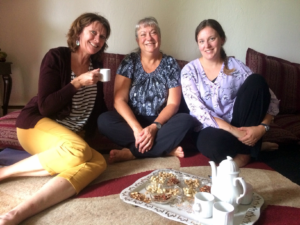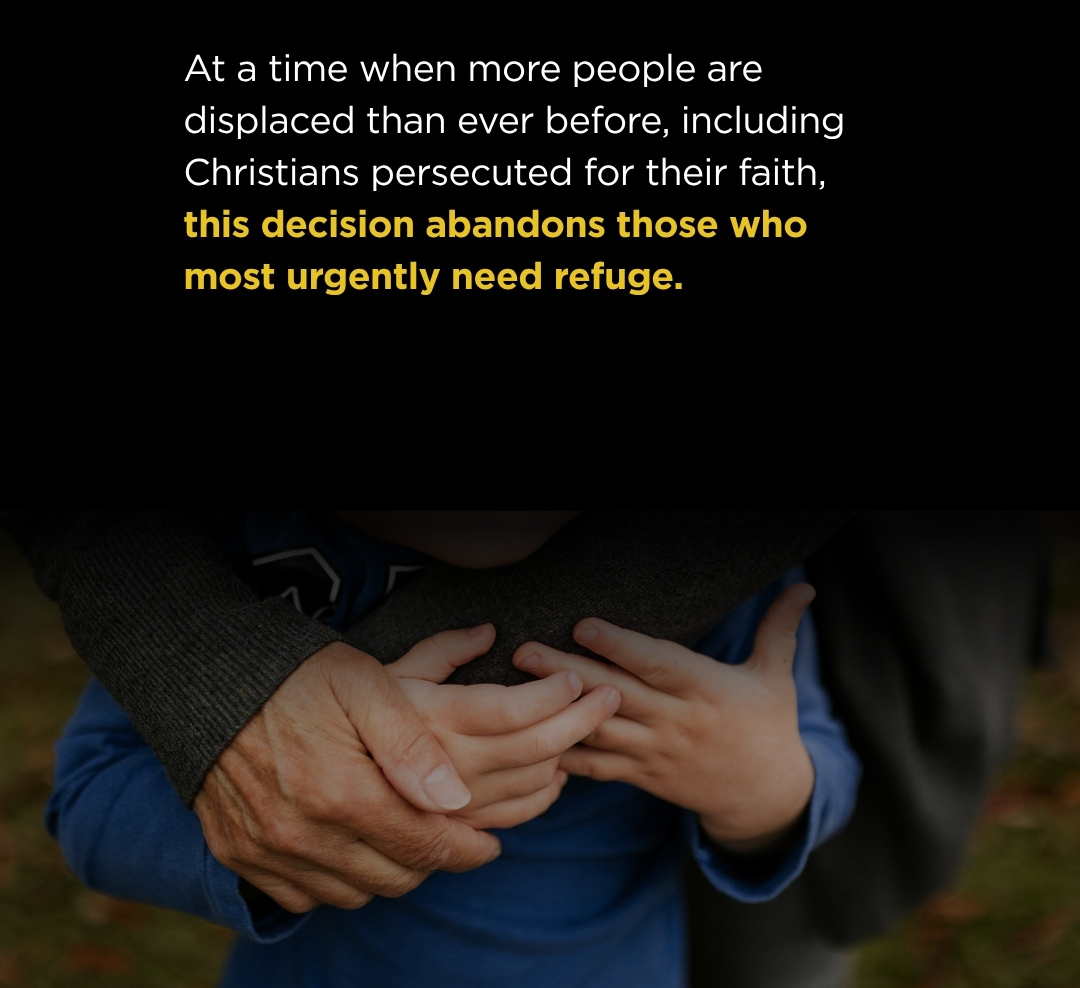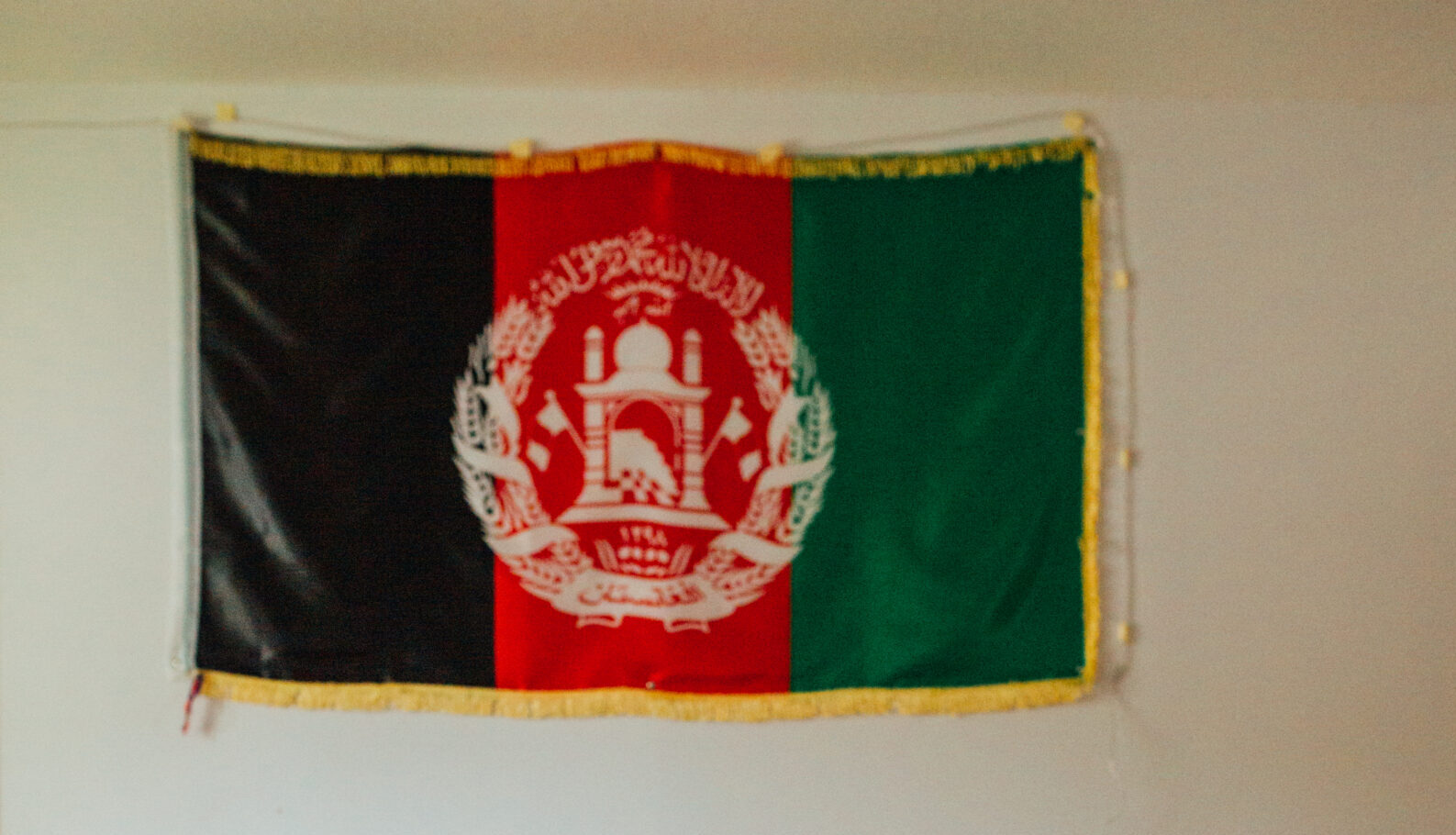 Earlier this Spring, our staff was contacted by two humanitarian aid workers who were furloughed from serving and living among refugees in Europe and the Middle East due to the COVID-19 global pandemic. These two women have spent most of the past decade working in Greece and Northern Afghanistan with Afghan and Kurdish women. They contacted Arrive Ministries to ask how they could serve with us while they await the “all-clear” to return overseas.
Earlier this Spring, our staff was contacted by two humanitarian aid workers who were furloughed from serving and living among refugees in Europe and the Middle East due to the COVID-19 global pandemic. These two women have spent most of the past decade working in Greece and Northern Afghanistan with Afghan and Kurdish women. They contacted Arrive Ministries to ask how they could serve with us while they await the “all-clear” to return overseas.
These women have a wealth of experience, and because our typical connections between volunteers and our refugee-background neighbors looks different during this COVID-19 season, we embraced the opportunity for training.
This summer we were thrilled to offer three Afghan culture trainings online led by these knowledgeable women, who so clearly have a heart and desire to share the love of Christ with these special Afghan people.
We invited our volunteers who are walking alongside Afghan neighbors as part of a church team or providing ELL support through our Afghan Women tutoring program. We had 22 volunteers and 10 staff learn valuable aspects of culture, hospitality, and etiquette.
Questions included:
 Can you explain the “rule of threes”?
Can you explain the “rule of threes”?
“In Afghanistan, hospitality is such a huge part of culture. If you receive an invitation to join someone in their home, it might be a courtesy invite. It is likely you will receive a second and a third invitation. The rule is that when you’ve heard them ask three times, it is a serious invitation and you should take their word for it.”
How can we share the love of Jesus with families who don’t speak the same language?
“There is so much power in praying for people and making prayer part of your interactions by simply asking ‘can I pray for you?’ or ‘can I pray for you right now?’ In Afghan culture, there is no separation between public life and spiritual life, and they anticipate the same to be true here. It would be unusual if it wasn’t that way.”
How can I continue building relationship with women?
“Women sit at home and wait for guests to come. This was the case for them in Afghanistan, and is likely the case for them in the U.S. The people they see and places they go are limited. The currency of relationship for Afghan women is time…sometimes quantity over quality. Just be with them.”
 I want to have my Afghan friends over to my house. Should I have the men and women sit and eat in separate rooms like when I visit their home? Or should I encourage them to adopt our western culture social norms?
I want to have my Afghan friends over to my house. Should I have the men and women sit and eat in separate rooms like when I visit their home? Or should I encourage them to adopt our western culture social norms?
“Maybe you could invite them to have dinner altogether and then have a natural separation of men and women for tea time or dessert.”
“Inviting Afghans into your home is very significant. There is a phrase in Dari ‘raft oh amad’ which is translated ‘coming and going.’ It is not until you have ‘coming and going’ – where they are coming to your home and you are going to theirs’ – that you have true friendship. It goes a long way in the relationship and they will be telling their families back home about your visits and hospitality.”
 One participant told us her big takeaway from these training was learning the phrase “coming and going” or in Dari “Raft oh Amad”: “My understanding is that it means that you have a friendship in which you share life with one another, you visit one another, check in on one another, give to and receive from one another. We could say, if you have “Raft of Amad” with someone you have a meaningful friendship. I love that! I think it speaks so well to my experiences with our Afghan friends and really to most of the refugee/immigrant cultures I have been in relationship with over the years. It expresses so simply what it means to truly be in a relationship. In our context, it can be a challenge to feel like we can and should only give but having “coming and going” with someone shows that each is valued highly. It is so wonderful to receive the sweet friendship and trust of these dear ones that the Lord has gifted us with and to know that they feel loved by the simple act of our coming and going.”
One participant told us her big takeaway from these training was learning the phrase “coming and going” or in Dari “Raft oh Amad”: “My understanding is that it means that you have a friendship in which you share life with one another, you visit one another, check in on one another, give to and receive from one another. We could say, if you have “Raft of Amad” with someone you have a meaningful friendship. I love that! I think it speaks so well to my experiences with our Afghan friends and really to most of the refugee/immigrant cultures I have been in relationship with over the years. It expresses so simply what it means to truly be in a relationship. In our context, it can be a challenge to feel like we can and should only give but having “coming and going” with someone shows that each is valued highly. It is so wonderful to receive the sweet friendship and trust of these dear ones that the Lord has gifted us with and to know that they feel loved by the simple act of our coming and going.”
We are blessed to have many Afghan families as neighbors. This past year, Arrive Ministries welcomed 35 Afghans, one of the largest nationalities we’ve resettled. As we fulfill our mission to live out God’s command to welcome refugees and immigrants, we embrace learning from each other as case manager/client, tutor/student, or simply friends.
Resources shared at the training:





